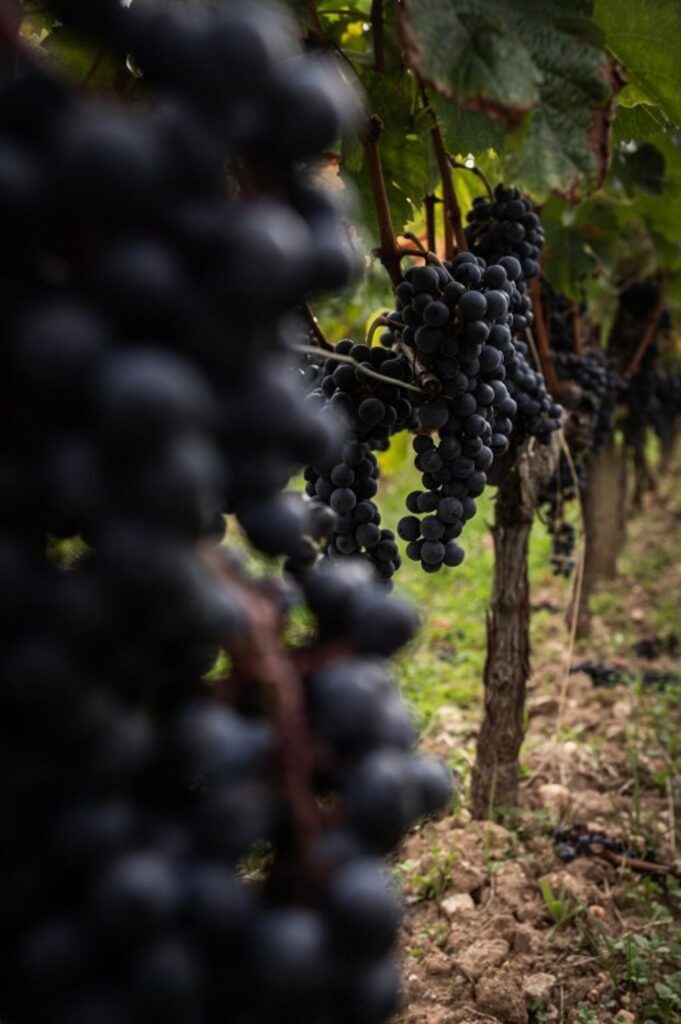The European Court of Auditors has raised concern that the EU’s strategy for supporting organic farming has significant weaknesses that risk causing it to fail.
The auditors highlight “gaps and inconsistencies” at both the European and national levels, despite the EU’s organic support costing around €12 billion between 2014 and 2022 through the Common Agricultural Policy (CAP).
The effectiveness of these efforts is highly questionable, according to the Court.
Huge disparity in organic farming rates
The share of organic farming varies dramatically across Member States, from Malta’s 0.6% to Austria’s 25.7% of utilised agricultural area in 2022. Belgium reported 7.6% of its agricultural area as organic that year.
A lack of “adequate and quantifiable” objectives and tangible measures to track environmental progress are major criticisms made by the Court.
There is also no strategic vision beyond 2030, according to the auditors. The sole quantified target for that year is for 25% of agricultural land to be organic, compared to 10.5% in 2022. The Court doubts that this goal can be met without doubling the current growth rate of organic farming.
Not enough financial support
Problems exist not just at the EU level but also in the ways in which Member States implement rules, allocate funding, and develop national action plans. Financial support has been insufficient to foster the organic market, a key factor in encouraging more farmers to transition.
Inspections in Romania, Poland, Austria, and Italy revealed incoherent rule enforcement, such as farmers receiving organic funding without adhering to crop rotation or animal welfare rules. Many farmers also frequently use non-organic seeds.
An EU-funded study in 2021 found that between 23% and 75% of seeds purchased by EU organic farmers were non-organic. The number of exemptions typically increased with the area of land farmed organically within the four countries examined.
Organic farming supplies just 4% of EU food market
Due to these shortcomings, organic production remains a “niche” activity, constituting about 4% of the EU’s overall food market in 2022, while the market’s development varies significantly between states.
The European Court of Auditors recommends that the European Commission reorient the CAP after 2027, for instance by encouraging Member States to align funding more closely with the identified needs of the organic sector.
The Commission is set to propose post-2027 CAP legislation in 2025, which, the auditors say, should “better integrate the environmental and market objectives of organic farming.”

